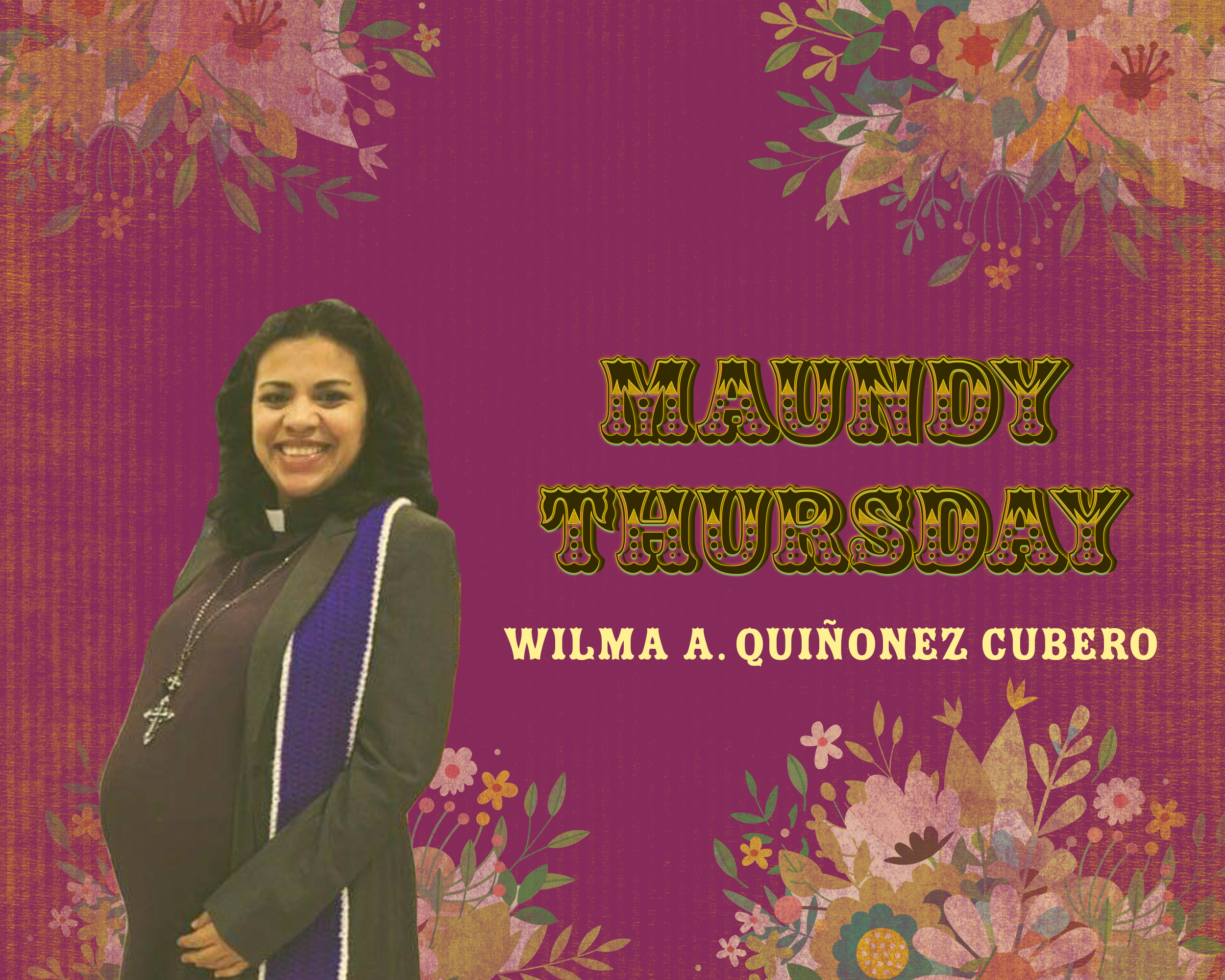A Mujerista reflection of Jesus in the Cross
Today, the Cross is a symbol of Christianity and faith, but it is also the place of Jesus’s suffering: the death penalty at the hands of the Roman empire. Jesus’ life and ministry challenged some human assumptions of God’s political and religious priorities. Jesus reached out and made disciples out of marginalized people and lived on the peripheries of power and prestige. Without a doubt, the day he was on the Cross was a day of pain for his family, disciplines, and friends, but also one of future hope. For that reason, today, 2000 years later, we commemorate this day as Holy Friday.
In the book of John, we read about the final moments of Jesus’ life; his disciples loved him and believed in his message. Even in the scary moments on the Cross, visible women followed him in the group of close disciples.
In John 18:25-27, we can read:
“Near the Cross of Jesus stood his mother, his mother’s sister, Mary the wife of Clopas, and Mary Magdalene. When Jesus saw his mother there. The disciple whom he loved standing nearby said to her, “Woman, here is your son,” and to the disciple, “Here is your mother.” From that time on, this disciple took her into his home.”
Jesus was judged not only by the political leaders of the Roman empire but also by his time’s religious powers. Even his closest disciples in the scary moments betrayed him. One of his followers, Judas, delivered him to be captured, and another disciple, Peter, denied him three times. However, in John, we read three women did not deny Jesus. Instead, they were close to him at the Cross because they were close to him during his life; believed in his message; they lived the message of liberation, healing, and love.
Traditionally, few women are named in the Bible because more valuable lineages were traced via the father, focusing on the patriarchy. However, for Jesus, women have a name, role, and value in the community. That is why in John, we read who was near to him at Calvary, three women who were close to Jesus in his last day.
Jesus on the Cross represented his entire message as he was tried, sentenced, imprisoned, beaten, and killed. His death was seen by the religious leaders and politicians of his time as the end and destruction of his revolutionary message of liberation. They viewed him as a simple Palestinian man born in Bethlehem with no money or power limited on his body. Jesus was the start but not the end in God’s plans. He was the start and beginning of their liberation, and for women extraordinarily, the message of healing and freedom mobilized later the good news of the resurrection.
Jesus’s liberating message to women was undoubtedly hopeful, so was his relationship with women in society, forming a revolutionary way of an inclusive culture. We can remember how Jesus sided with the oppressed and specifically added dignity to women. Such as when he was in front of a woman who was close to being killed by stone (John 8:1-11), or when Martha sat down to listen to his teaching (Luke 10:39) or when a woman with a blood flow had faith that touching him, she would be healed (Luke 8:43-48).
In his words in John, “Woman, here is your son,” and to the disciple, “Here is your mother.” He teaches that woman care and are part of the community.
Today, centuries later, women disciples and believers are here reflecting on this precise moment of an afternoon on Mount Gethsemane, a cross raised, a crucified Jesus. Three women believers accompanied him at different times in his life and ministry.
As a theologian and woman of faith reflecting on today’s Holy Friday, I see Jesus’s teaching and experience in his ministry as someone who today will see us as a part of the church. Women who live with significant risk economically, psychologically, socially, and politically, even now, it is easy to imagine the last words of Jesus and feel the challenge.
We understand that Jesus favors women in a holistic understanding of God’s creation. Jesus is the perfect sacrifice, messenger, prophet, the son of God. From the Cross, Jesus sees us as women of faith who accompany his ministry and never leave him even in the last painful moment of judgment; he sees us as faithful disciples and witnesses of his message.
And together, we pray.
Thank God, creator, thank you for your message.
Thanks for your Son Jesus, who was born from a woman.
Thank God because you see women as part of your plans.
You see us as a part of your kingdom from the beginning of the creation.
Amen.

Psychologist and Public Theologian. Yenny Delgado is a native descendant, and has a deep appreciation of her cultural roots. Yenny has worked with social movements and local churches for over a decade, advocating for improved gender equality and ending racism in the Church. She is a ruling elder in the Presbyterian Church USA and founder of PUBLICA (www.publicatheology.org). Currently, she is a doctoral student in Science of Religion at the University of Lausanne, Switzerland.



Unbound Social